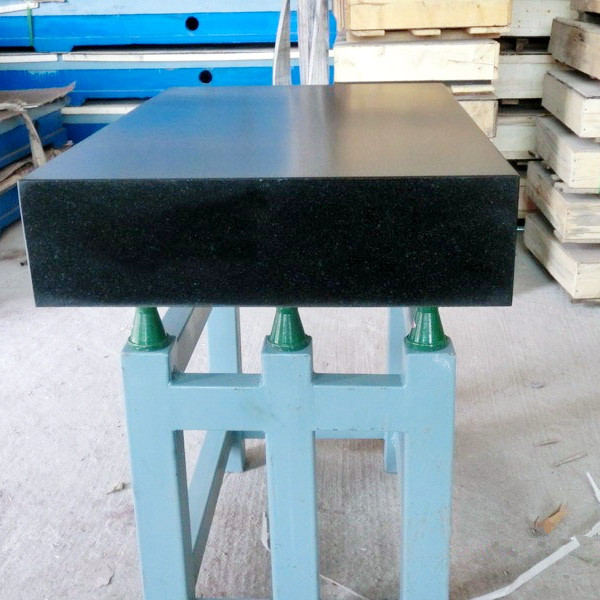Samh . 01, 2024 19:40 Back to list
Optimizing Performance of Full Flow Check Valves in Fluid Systems
Full Flow Check Valve An Overview
A full flow check valve is a vital component in fluid systems, designed to allow fluid to flow in one direction while preventing backflow. This type of valve is essential in various applications, including water supply systems, wastewater treatment, industrial processes, and even in HVAC systems. With their robust design and efficient operating mechanism, full flow check valves help maintain system pressure, prevent contamination, and ensure the reliability of fluid transport.
Design and Functionality
The design of a full flow check valve is primarily focused on minimizing resistance to flow. Unlike other types of check valves, such as swing or globe check valves, full flow check valves feature a streamlined construction that allows fluid to move through with minimal turbulence. This configuration is crucial in applications requiring high flow rates, as it reduces energy loss and enhances overall efficiency.
When fluid flows in the intended direction, the valve opens, allowing unobstructed passage. If the flow attempts to reverse, the valve closes, effectively blocking the backflow. This operation is typically achieved through various mechanisms such as spring-loaded discs, ball mechanisms, or diaphragm systems, which are designed to respond quickly to changes in pressure and flow direction.
full flow check valve

Applications and Benefits
Full flow check valves are utilized in a myriad of settings due to their reliability and efficiency. In municipal water systems, they prevent the contamination of clean water supplies by stopping any reverse flow that might draw in pollutants. In industrial processes, these valves protect equipment by maintaining proper flow direction, safeguarding pumps and pipelines from damage caused by backpressure.
Moreover, these valves contribute to energy savings. By reducing pressure loss in the system, they can lead to lower energy consumption for pumps and other equipment, which is particularly beneficial in large-scale operations. Additionally, the straightforward design of full flow check valves often results in lower maintenance requirements and a longer service life, making them a cost-effective choice for many industries.
Conclusion
In summary, full flow check valves play an indispensable role in a wide range of fluid handling applications. Their ability to provide reliable, unobstructed flow while preventing backflow makes them a crucial component in ensuring the safety, efficiency, and longevity of fluid systems. As industries continue to seek methods to enhance performance and reduce operational costs, the demand for full flow check valves is likely to grow, cementing their place as a fundamental part of modern engineering and infrastructure.
-
Why Metric Trapezoidal Thread is Ideal for Precision Motion ControlNewsAug.05,2025
-
The Unique Properties of a Block of Granite for Industrial UseNewsAug.05,2025
-
The Role of Flanged Y Strainers in Preventing Pipeline ClogsNewsAug.05,2025
-
The Importance of Regular Calibration for Master Ring GagesNewsAug.05,2025
-
How a Cast Iron Surface Table Enhances Accuracy in ManufacturingNewsAug.05,2025
-
Comparing Different Check Valve Types for Optimal Flow ControlNewsAug.05,2025
Related PRODUCTS









